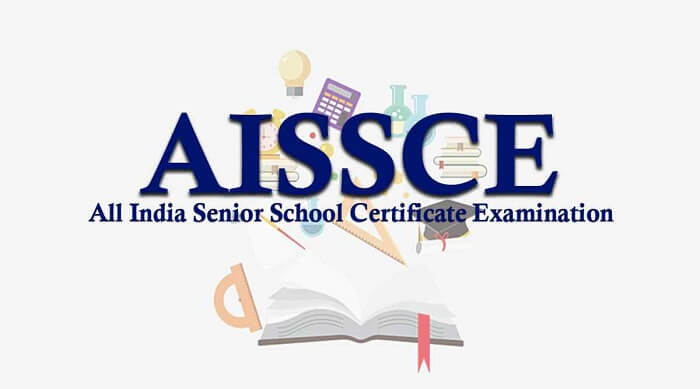What is the full form of AISSCEAISSCE: All India Senior School Certificate ExaminationAll India Senior School Certificate Examination (AISSCE) is a nationwide examination for students who have finished their secondary education, or Class 12th, administered by the Central Board of Secondary Education (CBSE). Math, science, social science, English, and a second language are among the topics covered by the AISSCE. It is a significant test for students in India since it opens doors to further education and professional chances. Successful students receive the All India Senior School Certificate, recognized by universities and employers throughout India. What is AISSCE?
The AISSCE is a crucial test for Students since it opens doors to further education and professional options. The test is often held in March or April, and May or June is when the results for secondary education or Class 12th are released. The AISSCE covers various subjects, including Mathematics, Science, Social Science, English, and a second language. Students can choose their subjects based on their interests and career aspirations. The examination is designed to test the knowledge and skills of students in their chosen subjects and to assess their readiness for higher education. The All-India Senior School Certificate, accepted by colleges and companies across India, is awarded to successful students. Importance of AISSCEThe AISSCE, or All India Senior School Certificate Examination, is an important examination for students in India. Here are some reasons why AISSCE is important:
Examination Pattern for AISSCEHere are the details of the examination pattern for AISSCE or All India Senior School Certificate Examination conducted by CBSE (Central Board of Secondary Education): 1. Subjects: The AISSCE is conducted for five main subjects, which are mandatory for all students. These subjects are:
Students can also choose a sixth subject from various options such as Computer Science, Informatics Practices, Physical Education, etc. The sixth subject carries 100 marks. 2. Total Marks: The AISSCE is a 500-mark paper for the five mandatory subjects. The optional sixth subject carries 100 marks, making the total maximum marks 600. 3. Exam Duration: The AISSCE examination lasts three hours for each subject. 4. Exam Mode: The examination is conducted offline using pen and paper. 5. Marking Scheme: The marking scheme for the AISSCE examination is as follows:
6. Exam Syllabus: The AISSCE syllabus is designed by the CBSE and covers all the important topics and concepts for each subject. The syllabus is updated regularly to stay relevant to the changing educational landscape. 7. Exam Dates: The AISSCE examination is usually held in March or April, and the results are declared in May or June. Eligibility of AISSCE ExamsThe eligibility criteria for AISSCE or All India Senior School Certificate Examination are as follows:
What Career Opportunities can be opened by AISSCE?Here are some career opportunities that can be pursued after AISSCE:
These are just a few career opportunities that can be pursued after AISSCE. It is important to note that many more career opportunities are available, and students should choose a career path based on their interests and skills. AISSCE Grading SystemThe grading system for AISSCE, or All India Senior School Certificate Examination, is based on a 9-point grading scale. The grading system is as follows:
The marks obtained by the students are converted into grades per the grading system mentioned above. The grades are then used to calculate the student's cumulative grade point average (CGPA). The CGPA is the average of the grade points obtained by the student in all the subjects. The CGPA determines the student's overall performance in the AISSCE examination. Universities and colleges also use the CGPA to determine the student's eligibility for admission to various courses.
Next TopicFull Forms List
|
 For Videos Join Our Youtube Channel: Join Now
For Videos Join Our Youtube Channel: Join Now
Feedback
- Send your Feedback to [email protected]
Help Others, Please Share










